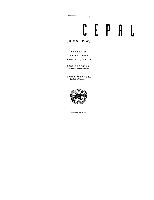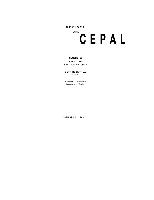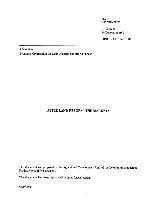Property rights in fishing; Effects on the industry and effectiveness for fishing management policy
The study identifies measures that have created property rights in the Danish, Dutch and UK fishery sector. Property in this respect is not considered as an asset in the stock of fish but as a stream of benefits, resulting from the right to fish. The limited access to the fishery by the vessel licence and by the recognition as a commercial fisherman have created two forms of property rights in the Danish fishery. In the Netherlands, the national TACs for the individual species have been transformed into transferable individual quota (ITQs).









